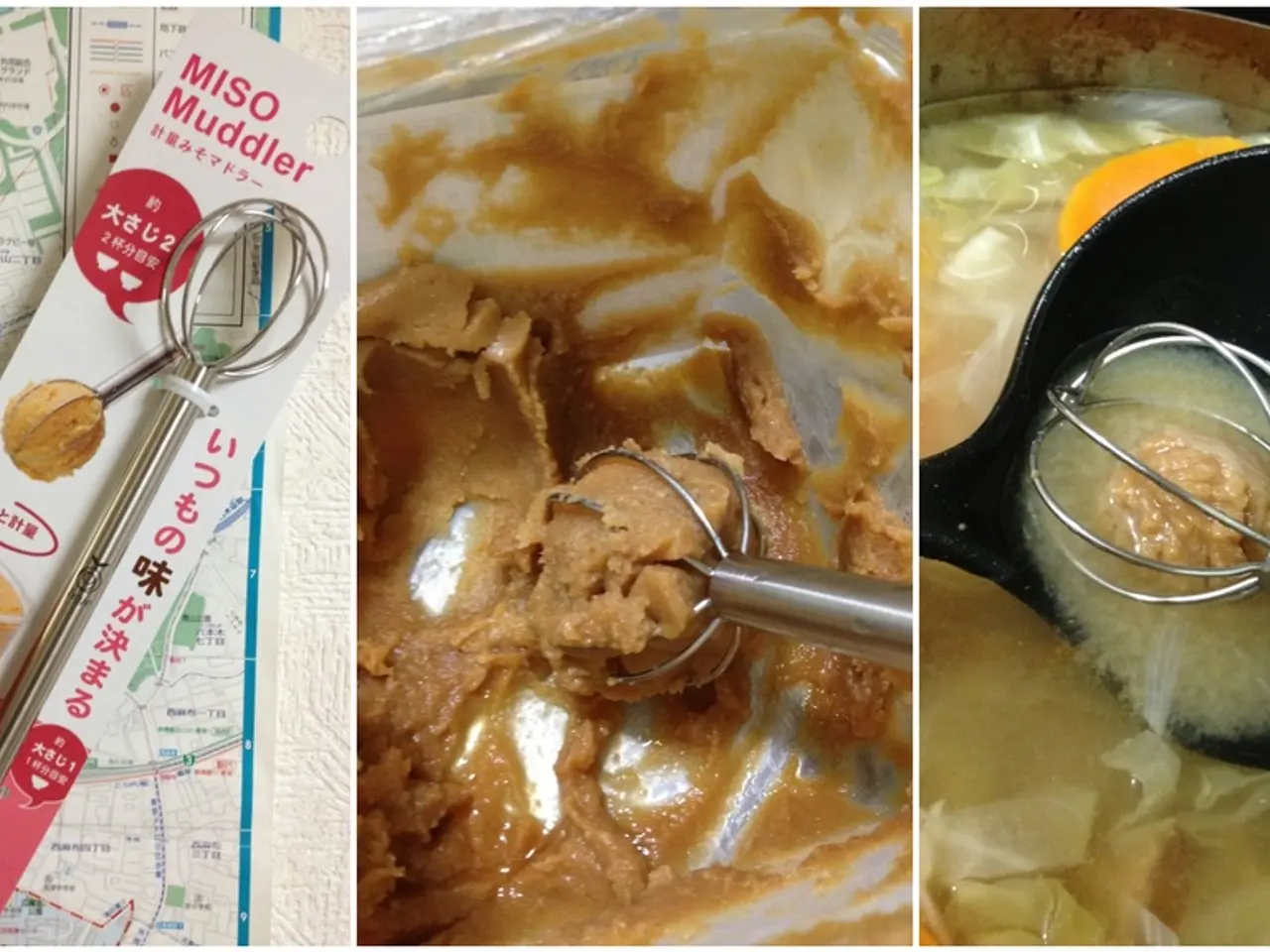Toyota Corolla SE 2.0L Oil Leak: Two Months In, questioning the vehicle's durability concerns
In the realm of automotive ownership, encountering persistent issues can be a frustrating experience. Such is the case for one owner of a 2025 Corolla SE, who bought the car brand new on May 14, 2025, with just 15 miles on the odometer.
The first sign of trouble came at the 500-mile mark, when the owner discovered an oil leak. After taking the car to the dealership, the issue was initially dismissed as not significant, and the owner was advised to drive the car for another week. However, the leak persisted, and the dealership suggested driving another 2000-3000 miles before further inspection.
Upon further inspection, the dealership could not determine the source of the oil leak and added UV dye to the engine oil to aid in identifying the leak source. A concerning finding was the excessive amount of sealant applied to both the half-case and the oil pan, which some argue could lead to leaks.
As the miles ticked by, the oil leak problem continued, and the owner found shoddy repair work upon inspection. Toyota later told the owner to take the car back to the dealership to replace the small block portion of the engine due to a crank alignment pin problem.
The situation described in this article may potentially qualify as a lemon car issue, given the persistent oil leak problem and multiple unsuccessful repair attempts. However, it's important to note that oil leaks are not necessarily indicative of a lemon car, and some argue that they are common in manufacturing.
In the United States, a car may be considered a lemon if it meets certain criteria. These include:
- The vehicle must be a new car (though some states extend coverage to leased, demonstrator, or certified pre-owned cars under warranty).
- The car must have a substantial defect that affects its use, safety, or value.
- The defect must persist after a reasonable number of repair attempts made by the manufacturer or its authorized dealer.
- Often, the vehicle must be out of service for an extended period (commonly 30 or more cumulative days) due to the defect.
- The defect or issue must be reported and repaired during the vehicle’s warranty period.
If the defect remains unresolved, the consumer may be entitled to a replacement vehicle, a refund, or cash compensation. Lemon laws vary by state in exact definitions, timelines, and remedies, but they generally provide legal protection when the manufacturer is unable to fix the defect after repeated attempts.
In addition to state lemon laws, the Magnuson-Moss Warranty Act (federal law) applies to all products with written warranties, including vehicles, and requires manufacturers to replace or refund a defective product after a reasonable number of repair attempts fail.
This case serves as a reminder for car owners to stay vigilant and proactive when it comes to maintaining their vehicles and seeking help when issues arise. If you believe your car may qualify as a lemon, it's crucial to familiarize yourself with your state's lemon law and seek legal advice if necessary.
Sources:
- Federal Trade Commission
- National Automotive Arbitration Program
- CarComplaints.com
- USA.gov
- FindLaw
- Despite the common argument that oil leaks are not necessarily indicative of a lemon car, the persistent issue faced by the 2025 Corolla SE owner, coupled with multiple unsuccessful repair attempts, could warrant questioning the vehicle's quality within the realm of the automotive industry.
- In light of the challenge in maintaining the car and the ongoing leak problem, the owner's lifestyle has likely been affected, highlighting the importance of car-maintenance in ensuring ownership convenience and enjoyment.
- To ascertain whether the lemon law may apply in this specific case, it's essential to assess whether the 2025 Corolla SE satisfies the criteria set by the federal Magnuson-Moss Warranty Act and the conditions specified by the United States' state lemon laws, as failure in addressing the defect may result in a refund, replacement, or cash compensation.






